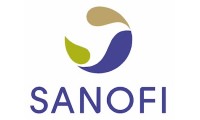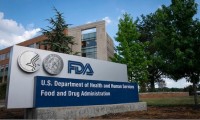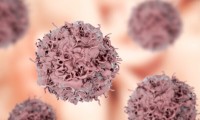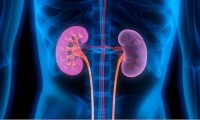-
As cancer players jump head-first into ADC field, Novartis CEO explains how he’s resisted the temptation
- Source: drugdu
- 90
- January 10, 2024
-
BMS buys Karuna for US$ 14 billion; Astra-Ionis’ nerve damage drug bags FDA nod
- Source: drugdu
- 123
- January 8, 2024
-
Beyfortus® Approved in China for the Prevention of Respiratory Syncytial Virus Infections in Infants
- Source: drugdu
- 127
- January 4, 2024
-
After a down year, FDA signs off on a bounty of new meds, including 7 from Pfizer
- Source: drugdu
- 224
- January 4, 2024
-
Big Pharma reworks China strategy, and job cuts are part of it
- Source: drugdu
- 196
- December 27, 2023
-
M&A saw an uptick in 2023. Analysts expect the trend to continue
- Source: drugdu
- 229
- December 26, 2023
-
Deerfield Agency names Sam Cannizzaro as first chief creative officer
- Source: drugdu
- 147
- December 25, 2023
-
GSK Expands Again in Cancer, Paying Hansoh $185M for Another ADC
- Source: drugdu
- 205
- December 22, 2023
-
With More 2024 FDA Filings Planned, Novartis Drug Starts Showing Blockbuster Potential
- Source: drugdu
- 104
- December 13, 2023
-
FDA fast tracks Solid Biosciences’s Duchenne gene therapy
- Source: drugdu
- 102
- December 11, 2023
your submission has already been received.
OK
Subscribe
Please enter a valid Email address!
Submit
The most relevant industry news & insight will be sent to you every two weeks.













